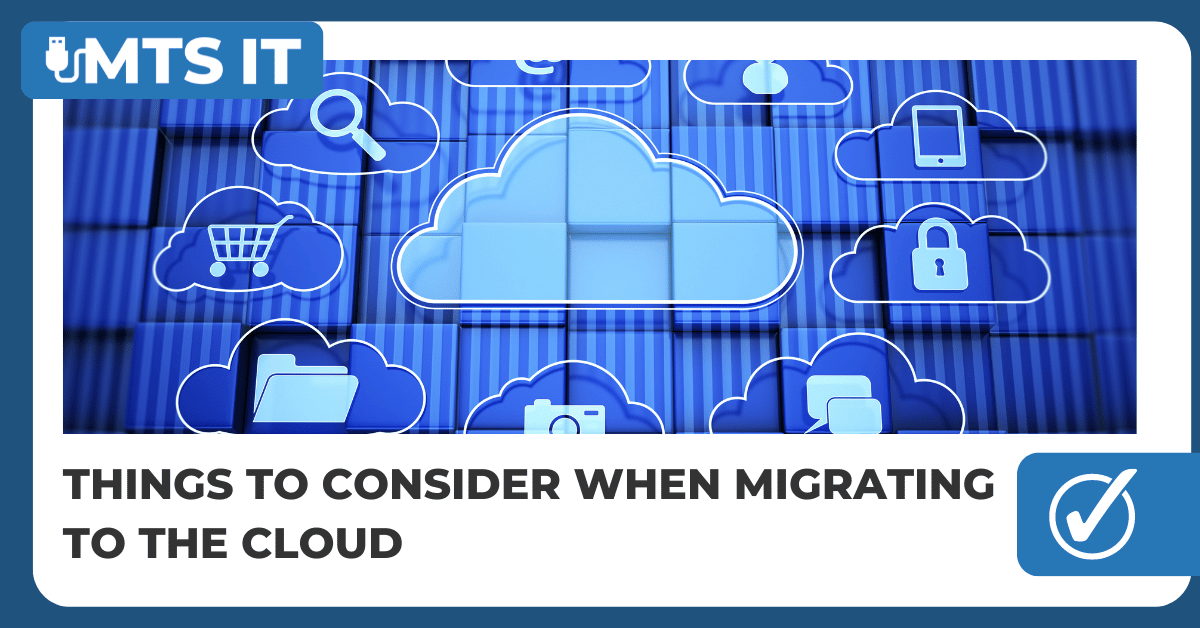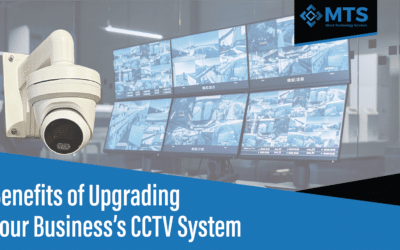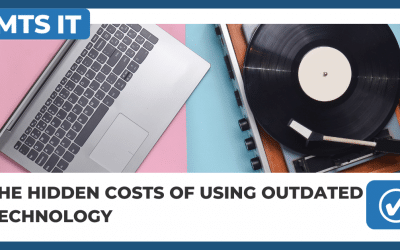The Cloud is a key step for your business’s digital transformation. It allows for more flexibility in your working environment. Reliability is another key factor in migrating to the cloud. There are many other benefits of the cloud, such as cost-saving, ease of access and even security.
Find out more about the key things to consider before you take the plunge in migrating to the Cloud
Reviewing Your Current On-Premise Server
Before migrating to the Cloud, check the current status of your on-premise server compared to the pros of the Cloud. There are several cons to having on-premise environments including, integration capabilities, software licenses and the costs associated with managing and maintaining them.
It is also important to consider the decommissioning and recycling of your server.
Moving Your Email To The Cloud
Moving your email to the cloud has its advantages. Outlook works hand in hand with the Cloud meaning your business mail is always stored safely. Microsoft 365 syncs calendars, contact information and emails across your devices in real-time. So they are always up to date, no matter what device is in your hand.
You’ll also have access to anti-malware protection and anti-spam filtering to guard your email against mail threats.
Internet Connection & Bandwidth
You need to ensure your networks can handle the increase of migrating to the cloud. Right now, your on-premise server doesn’t rely as heavily on your bandwidth as much as the Cloud will.
Bandwidth is the maximum amount of data transmitted over an internet connection in a given amount of time. So making sure your bandwidth is up-to-scratch, to maximise your data transmission, is crucial.
Project Management & Delivery Of Moving To The Cloud
Making sure your business move from an on-premise server to the Cloud is well planned will help make the process 10 times easier! Getting in touch with MTS who can help with the project management and delivery of your migration will help to put you at ease.
Taking a Look at Your Current Hardware Lifecycle
When did you last upgrade your hardware? Making sure your IT infrastructure is equipped with the newest software and capabilities is key when migrating to the cloud, as it will ensure your hardware can work hand in hand with the migration.
24/7 IT Support
Ensuring your business has an IT Support provider they can rely on is important. Just like your server, the Cloud can also experience downtime which IT Support will be able to help resolve.
Backup Your Cloud
Once your business is migrated to the Cloud, making sure you back up all of the important files and data you have stored in the Cloud is vital.
Microsoft 365 Extended Backup ensures that you can access, control and protect your data stored in the cloud.
Managing Your Cloud Devices With Microsoft Intune
Microsoft Intune is a management solution that provides mobile device and operating system management. It aims to provide Unified Endpoint Management and protect corporate data.
With InTune you can centrally manage device security and policies and make all the security requirements and changes to Windows default policy that are required for Government Accredited Cyber Essentials Scheme.
What Next?
These are some of the key things to consider before you take the plunge in migrating to the Cloud. If your team doesn’t have the capabilities to do this, why not consider outsourcing it to ensure you’re always covered? AT MTS, cloud migration is one of our core services, so please get in touch today to find out more, or for a free quote.



